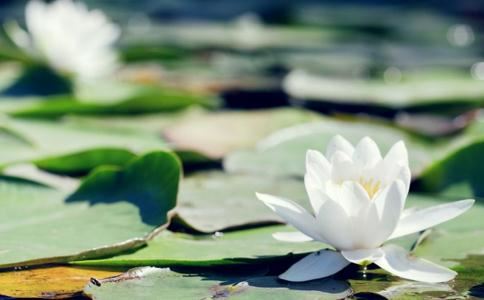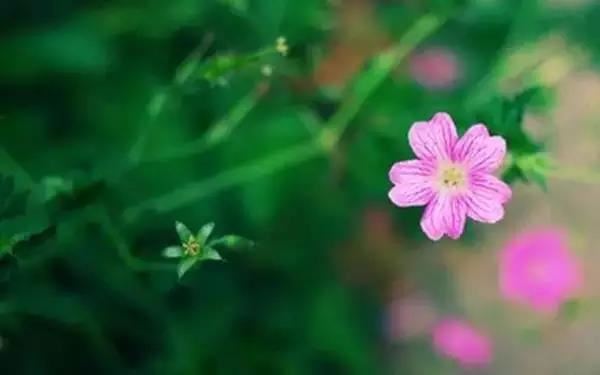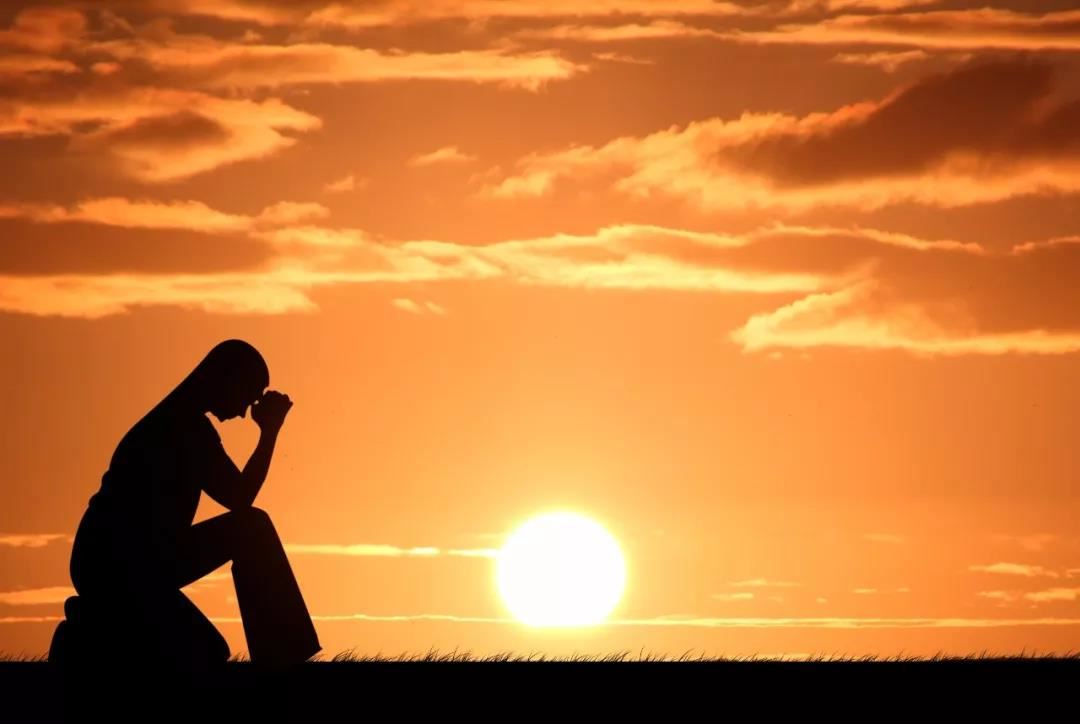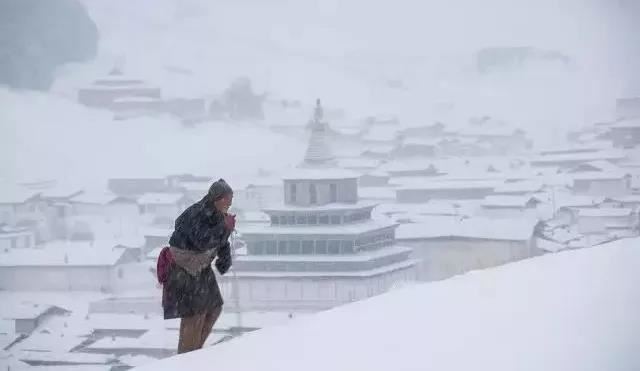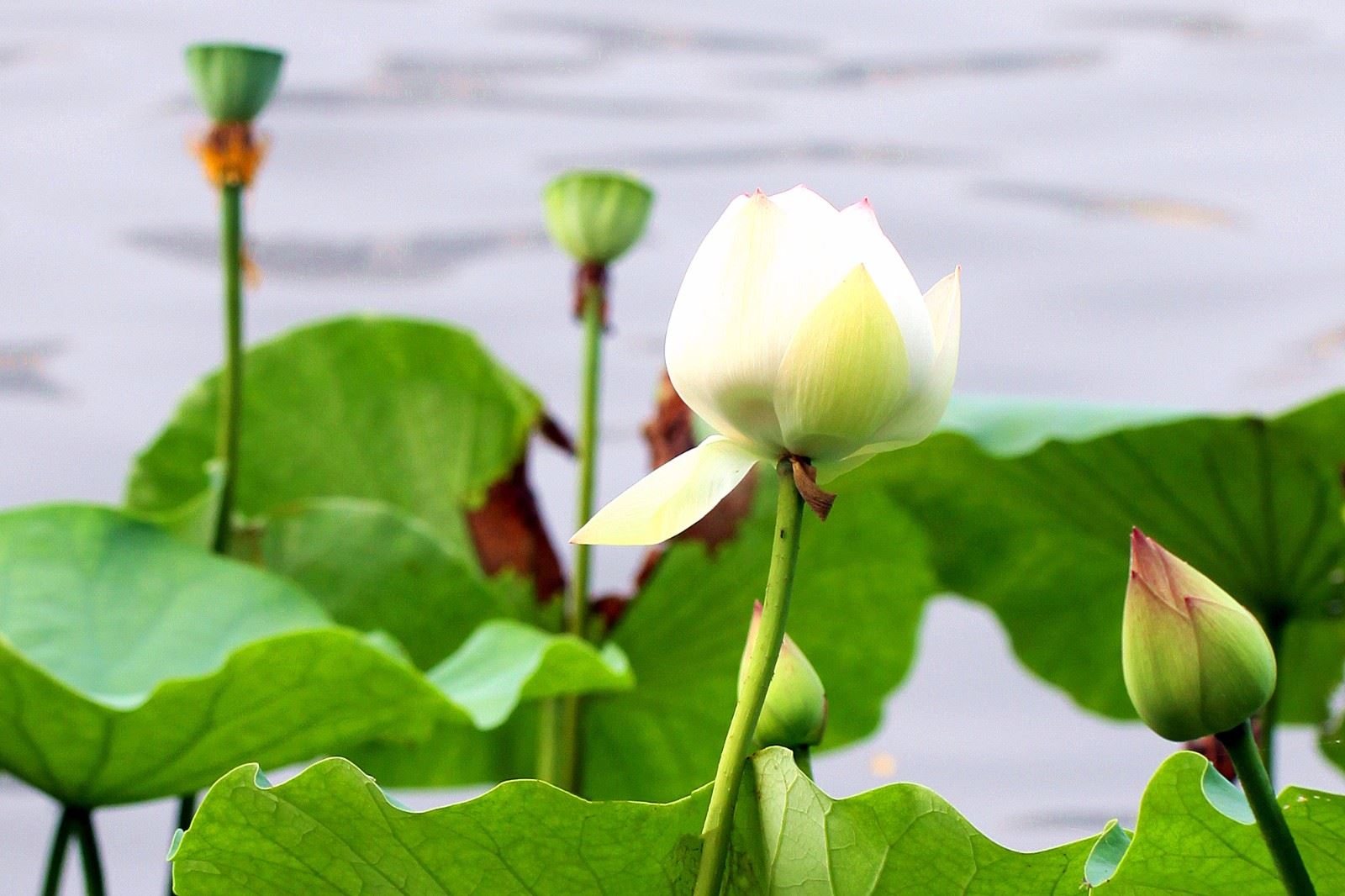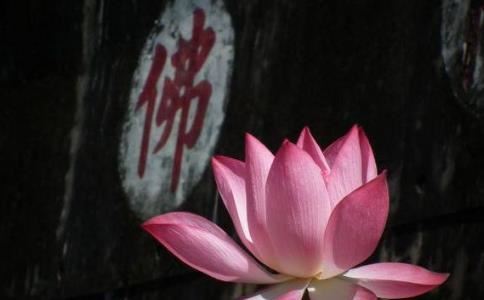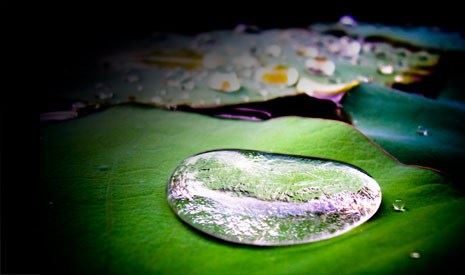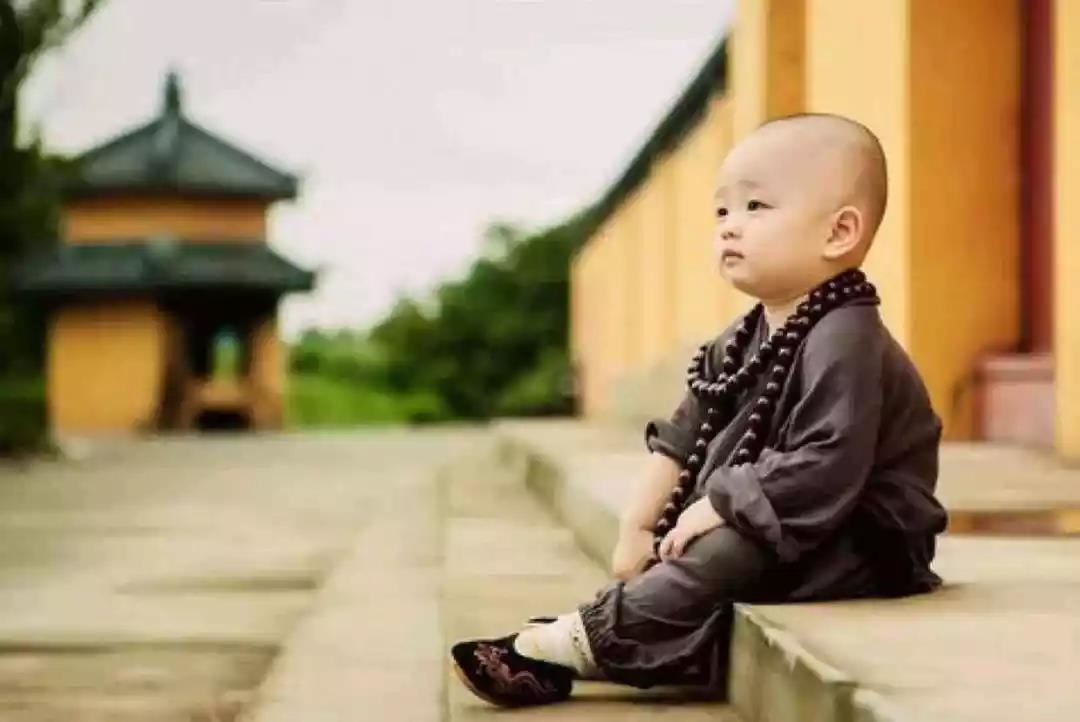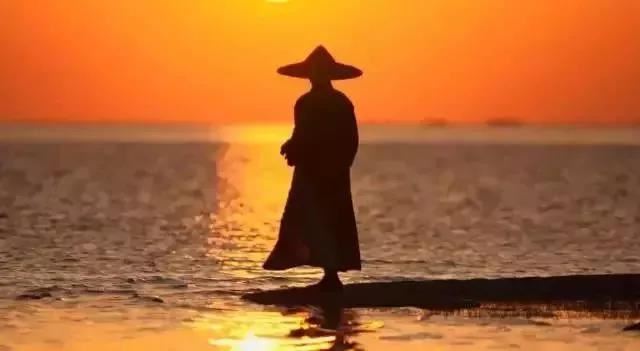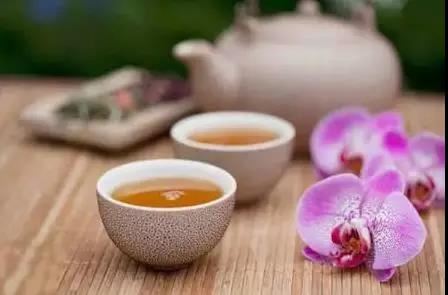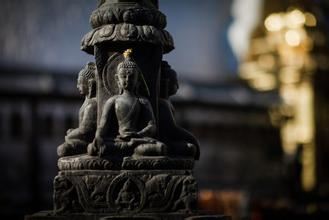Introduction to Master Holy One
2023-06-25 Getting started
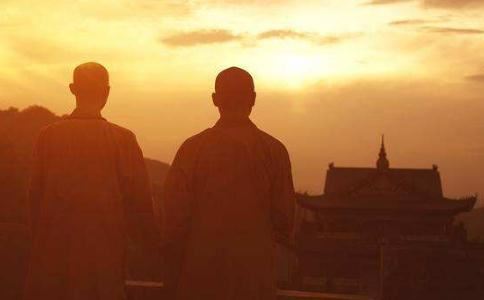
Master Shengyi (1922-2010), the character Xuanji, the son of the Chen family in Guangdong, a native of Junheli in Tianhu in Xinhui, his father was Bingrong, and his mother was full of moon. Born on November 13, 1922 in Lijiazhuang, Jiangmen City, he was born at 02:46 a.m. on August 3, 2010 in the sound of more than 100 disciples chanting the Buddha. He was 89 years old. He became a monk at the age of 19 and received full ordination at the age of 22 for 67 years. At the age of 36, he received the old law in Yunju Mountain, and was the ninth generation of Zen Weiyangzong. In addition to Zhongxing Baolin Monastery, Sheng Lao was the fourth-generation abbot of Ngong Ping Po Lin Monastery from 1983 to 1990.
born
His father started the rice business, and his father succeeded him. The division has one brother and two sisters, and when he was born, the sky was ruixiang, and people saw the door of heaven open; The old man in the family, this son will become a big man one day. The mother then asked the sister-in-law to take care of her.
The teacher's compassion is particularly heavy, and when he saw his companions fighting crickets and catching birds, he bought them with change and let them go. During the season, the soup chicken at home is crying beside it. Worship the carp in the New Year and release it into the river. One day when he got sick, his father and money went to see a doctor, and when he passed through the market, he saw that there were chickens for sale, and said to the chickens: The money he gets today can only buy those who are destined. I will make a noise with money, and if I hear that I am praised, I will buy you and release it. After being released, he went home and recovered.
When there are people with names in the city, in order to respect the words, all the paper with words on the ground is picked up and cremated. The teacher admired him, and from time to time he picked up the writing paper on the ground and even the toilet paper with feces, cleaned and dried it.
Smell the law
During the summer vacation of the sixteen-year-old, the father's rice shop had a shopkeeper named Liang Xiyao, who saw that the teacher had deep roots and gave Wang Yiting a series of Buddhist books. After reading, the teacher began to chant the Buddha in the evening, and the next day began to eat meat side dishes. Every time a beggar goes to the shop to beg, the teacher teaches the chanting of Amitabha Buddha in the south, and takes the rice products in the shop. When the father heard that he did not allow it, he cleansed the ground and the beggars. Since the beginning, the master has been dedicated to reciting the Buddha and saving people. In the evening, the Buddha is recited on the rooftop of the shop, and the shop returns to do business at dawn. The Buddha number in the heart is not lost, and it does not change with the situation; Walking, living, sitting and lying, counting silver tickets, and even planning plates are also famous. When kneeling on the slippers and chanting the Buddha, only to recite two or three times has passed a long incense. The heart is always pure and there is no delusion, and only when you talk to people can you lose the Buddha's name and cause separation.
At that time, the teacher is always aware of his every move, and his body is moving, and his heart is coming. Even the mind and body are the same. Later, I felt that it was more difficult to work hard, and I was not able to be exquisite in all directions, but I lost my flexibility. Because of his hard work, he gave up and devoted himself to reciting the Buddha. Not long ago, there was an old woman who came to the house: There are many gods and Buddhas in your family, and there must be people who hold the Buddha. At that time, the family had not yet learned of the secret deeds of the teacher.
Monk
In the nineteenth year of the division, the Sino-Japanese War, Jiangmen fell, the rice line ended, his parents allowed him to become a monk, and his grandfather personally sent Hong Kong Tsuen Wan East Putuo. However, there are many good things, the road is one foot high, the magic is one foot high, the teacher is shaved, all kinds of magic obstacles, sickness and suffering, and the danger of losing one's life. Later, due to the failure of Dongputuo's karma, the division left. It's a pity that at that time, there were no orders left in the dojos, so that the teacher's food and lodging became a problem. Fortunately, he was contained by an outer Taoist, but he needed to recite the Great Compassion Charm and sell the Taoist to live. A few days later, the Taoist called to the field to pull weeds, and the teacher's heart did not leave the mantra; After a few days in the field to hear the sound of the mantra, the teacher stopped thinking, looked around no one, only heard the mantra, suddenly doubted, carefully observed, Fang Juesheng only heart, when the mantra stopped. A few months later, a nun was introduced to Lotus Mountain, Shanxi Zhulin, and asked for a monk as a teacher. On September 19, he shaved his hair and went to Chi Lin Pure Garden on Diamond Hill to listen to Venerable Wei An's lecture on the 42 chapters of the Sutra and the vows of Yishan. Monk Shi Chuhui also pre-attended. Later, he and his classmates lived in Luofu Shanhua for more than half a year.
During the war, it was difficult to seek ordination, and he had not received ordination for three years, and the teacher was depressed. After hearing that the old monk of Xuyun in Nanhua Temple in Shaoguan opened the ordination, he walked to Shaoguan with the cotton quilt and other utensils on his back, and lasted for ten days, and arrived in Nanhua from the first station in China in November of the year of Renwu (1942). It was the time when the old monk came to Chongqing to build a disaster puja. Permanent residence is arranged in the warehouse and in the office. In the spring of the following year, the teacher begged to receive the three altars. The precept altar is compassionate and strict, and the teacher puts down his body and mind, and collects six roots with the crowd. Recite the mantra in the morning, turn into the heart with the mantra, forget the body and mind, and settle in and out. Sitting incense at night for a moment or three, a thought passes, and it is cool and happy.
After leaving the ordination altar, the monk Furen asked to be a mantle waiter and take care of finances. When I first saw the old man in the chamber, I was trembling and didn't know how to bow down. The old monk called, bow down. One day, the old monk lamented the decline of Buddhism. Shi Yun will not. Again, the Buddha is the heart, who can destroy the heart! If the mind cannot be destroyed, then how can the Buddha be destroyed? The old monk laughs at the clouds, the reason is so, but the thing is not. The old monk instructed to clean the old glass for the Buddha's use, and asked not to break it. The teacher carefully washed it with water, and when he saw that there were still stains, he scraped it hard, and the glass broke a little. The division was stunned. After telling the old monk. Monk clouds, tattered, are not visible there. The division refers to the crack. The old monk touched his hand and smiled, a little smaller. The teacher has a province in his heart, and he knows that the future is fixed.
Later, the monk Furen succeeded him as the abbot of Nanhua Temple. From time to time, some people fought for the abbot position and wanted to overthrow the monk Furen. The division is responsible for the financial number, and the monk is loyal. Stand up for it, and talk about it.
One day, the old monk and a box of banknotes were asked to buy 300 quintals of rice in Pingshi City, on the border of Hunan and Guangdong. The master is very proficient, and collects more than 200 bags of rice one day and night. It's sleeping on the rice at night, for fear of being stolen. At dawn, it was transported by train to Shaoguan and then returned to Maba by boat. Later, he was returned to the temple by the new ring.
Shi Xulao is the president of the Buddhist Association of Guangdong Province, and he is an agent of teachers and financial management. At that time, there were monks in the province who were not as good as the law, and the teacher wanted to clean it up, but he didn't expect that he could not rectify it, and he would even provoke the officials. After that, I felt that it was difficult to discipline people with the system, or it was better to use Buddhism to teach and induce.
In 1944, the Japanese army captured Qujiang, the treasury was short of grain, and no one was willing to accept the rent of permanent land, so the division took on it alone. When collecting rent, I happened to be on the soil people, and you cultivated the fields of the six ancestors, and I collected the rent for the six ancestors for the incense lamp. If the six ancestors are shaded, it will be auspicious. So he collected 400 quintals. The monk Furen bought 300 quintals for the permanent residence and hid them in the warehouse. Later, it was sealed by the puppet army, and the division and the Vena division went straight to the Japanese military camp to discuss, and they had to agree to unseal it. The next morning, the monks returned to the temple from the rice warehouse, and the puppet army and bandits followed. The rice grain was not lost, and the public had to eat enough.
On the first day of the first year of the second year (1945), the division went to Yunmen to pay New Year's greetings to the old monk on behalf of Nanhua Temple. The old monk said at first sight, the holy one hit your lame foot. Shi Xinyun, it's bad, it's bad. Soon after returning to Nanhua, feeling that he did not know enough about Buddhism, his teacher wanted to study at a Buddhist college, so he asked for leave from the guest hall. Shi Zhike is only because the mage does not allow it. The division insisted and slipped to the Temple of the Six Banyan Trees in Guangzhou. A few months later, he and six others, including Master Juzan, took a boat to Shanghai via Hong Kong.
Monk Shi Fushan was the director of the Shanghai Buddhist College at the Jade Buddha Temple. After two semesters of study in the college, the teacher left due to disputes and confusion in the college and the teaching methods did not correspond. At that time, Master Taixu died in the Jade Buddha Temple, and when he passed away, the master served beside him and helped recite the Maitreya Buddha number.
In the winter of 1947, he took a boat from Zhenjiang to Dinghui Temple in Jiaoshan. When I first climbed the archway, I remembered that Nanhua had seen this situation in my dream. After that, I decided to concentrate on studying in the temple and close the door to the river. Master Mingshan, the dean of the Jiaoshan Buddhist Academy, asked the teacher what his habits were. Said, don't eat after lunch. Mage Cloud, no problem. As the class leader of the college, he only worked hard during the day and read the Bible wholeheartedly; Worship the Buddha diligently at night, and the teacher reflects on who can worship. For a long time, I don't feel that there is worship, I can't get it, I don't get tired of worshipping for a long time, I am very useful, and I don't want to work hard.
The teacher felt that the debate was insufficient, and prayed to Guanyin. Night's dreams are good for money. The teacher said that the disciple was stupid and blunt, had a short tongue, did not know how to speak, and was afraid that he would not be able to preach the scriptures and teachings in the future. The boy said, let me look at my tongue. The teacher is indicated. The boy stretched his tongue long. When the teacher wakes up, he looks at the length of his tongue as before. After two days, I will ask the Bodhisattva again, I will study the scriptures today, and he will return to Hong Kong in the next day, and he will have achievements, can he speak the Dharma? That is, when I fell into a dream, I saw a solemn Buddha hall, and the cypress trees on both sides were as red as fire. The teacher then climbed the pavilion and saw a tall old monk. The old monk was speechless, only to send a red ancestral clothes. The teacher said, what should I do? The old monk took the three iron basins and put them down one by one. He was twenty-seven years old.
During the civil war in 1948, Shi felt that his fate in Jiaoshan was exhausted, and he returned to Hong Kong via Shantou via Shanghai. In Chaozhou, at the invitation of Venerable Master Tongdingyin, he gave a lecture on the Mahayana theory of belief in Dahao Qingyun Nunnery, and continued to lecture on the Lengyan Sutra for ten days. After the public sees that the political situation is stable, please re-emphasize Leng Yan and maintain the period of March. After the Dharma meeting, put Mengshan to give food to a class, and the teacher will preside over the law. There is a Beidi Temple next to the temple, and there are often people who ask questions. The division passed by one day, and the text was the word. The holy monk comes, and the monk is the Buddha. He asked about the path of cultivation again. The teacher said, the left is not on the left, and the right is not on the right, and the middle stream goes straight to the Sabhara. It is a word, and it hits the nail on the head. Later, the writer said, you and other laymen worshiped for seven days, and none of the lonely souls were saved. Monks and others put Mengshan on Dahao Mountain to give food, saving thousands of lonely souls.
After the Shantou war, the division took a cargo ship to Tsim Sha Tsui, Hong Kong, and transferred back to the back mountain of Sai Zhu Lam in Tsuen Wan, only in the garden quiet room. When he was a teacher, he still recited the scriptures wholeheartedly, and he was familiar with the Lengyan Fahua, etc., and he could also memorize the Vajra Brahman. When he was in Chaozhou, he tasted the meaning of the Buddhist scriptures written by an old monk, and the teacher sent the Diamond Sutra with blood books. At first, the tongue is cut with a knife, and the tongue is shrunk. After biting it with his teeth, he cut it to get blood. Cut the tongue six times, and there was not much blood. Then he cut off his tongue and heart, and obtained fifteen drops of blood, and then he finished copying the scriptures. On the day of consummation, a dozen little sparrows entered the house and scattered on the ground, offering and admiring.
In 1950, he taught the Vajra Sutra for Fahui, Quanhui, Zuyin, Fahai, Wanxin and other masters in the Lotus Mountain Garden. Later, due to poor public order, he moved to Kwai Chung to continue his lecture. Later, Cen Xue Lu Jushi asked Master Fahui to ask the teacher, and you talked about Leng Yan, or Leng Yan said about you. There is no right teacher. Later, he decided to work hard to participate in Zen.
Shi Shi was often invited by various dojos to give lectures, but he did not ascend to the throne to turn the Dharma. In 1951, the Tsuen Wan Bamboo Grove Monastery invited the Faculty to perform the Lotus in the Grand Seat, but the teacher did not allow it. After the three invitations, he was allowed to preach the Diamond Sutra, and asked the scriptures to go down the mountain to reply on behalf of the Guangfa Master. That night, the teacher dreamed of the good wealth boy and said, please ask the master to give a lecture. The teacher asked what scriptures he preached. The boy said, thirteen singles, sixteen singles. The next day, the teacher replied that the public insisted on preaching the Lotus Sutra. The teacher immediately understood, and the sum of the thirteen and sixteen, that is, the twenty-eight products of the Lotus Sutra plus the scriptures, a total of twenty-nine, and then agreed. After reading the scriptures for a day and a night, the teacher will learn the meaning of the Lotus flower, the rain from the sky to the mountains is the mountains, to the lakes are the lakes, to the ponds are the ponds, through the rivers, into the sea, all are seawater. That is, it will be three to one, and the nine Dharma realms will be one Dharma realm. The teacher then put on the red ancestral clothes, ascended to the throne, and turned to the law. During the period, the old ginseng master gathered, and the Dharma was more than four months, and the public was happy and useful. Shi Shi Fang will be the omen of the dream of Jiaoshan.
Later, the teacher went to Angping and lived in the Compassion House with the number of people, and Master Hairen performed the Lengyan Sutra for the public, and the teacher participated in Zen and worked hard, but when he went to bed, he often felt that he was chased by others, and reflection must be karma, so he worshiped the Lotus Sutra. The teacher worships the scriptures not one word and one worship, but interprets the scriptures in front of the Buddha, worships one or two sentences after one or two sentences, worships to the peaceful behavior, and gets the feeling in the dream. After the gift to the medicine king Bodhisattva ability, the dream medicine king Bodhisattva Mo Ding said, good man, you owe a year of food. The teacher recalled that in the past, when he was in Nanhua, he lived in the teahouse for fifteen tans, so he asked the abbot Benhuan monk to gather the crowd and tell the holy master that he had lost his permanent residence, and now he will return twenty taels with interest. It was just a year of food, and then the nightmare disappeared.
At that time, the master saw that there were many people in the Pure Land, and the sect was cold, so he set out to follow the style of the sect. It is the time when the monk Furen lives in the Tangzai Falin Temple, and the teacher is close. In winter, with the same teachers such as Earthquake Heaven, Yun Miao, Dao Hai, Sex Void, Kindness, Mirror, and Wonderland, he meditated seven times in Falin. Since the beginning, he has lived in the areas of Tin Lantau Island, Ditang Tsai and Ngong Ping, and practiced meditation and Taoism.
One day, when the teacher woke up, his hand touched a naked woman beside him, so he didn't dare to move, and when he got up, he didn't see anyone. Another night, I felt that someone was covering the quilt on my behalf, and his hands were like ice, and he knew whether it was human or not.
In 1954, Master Zhentian lived alone in the quiet room of the mountain behind Tangzai. On the fifteenth day of the first month, the teacher went to live together and worked hard to participate in Zen; When the teacher is a Vena, he sits on four incense sticks every day, from 2 to 6 o'clock in the morning, from 7 to 11 o'clock in the morning, from 2 to 6 o'clock in the afternoon, and from 6:30 to 10 o'clock in the evening. One day to raise the incense, the teacher hit three hammers of the wooden fish to stop quiet, not long in the heart of a delusion, the teacher immediately mentioned the head, forget to extinguish; Two or three more delusions arise in the heart, and if you mention it again, it will also be destroyed; The delusion then poured out of the nest, the mountains and the sea came, the teacher immediately raised the head, and suddenly scattered in two shots, did not see the body and mind, the inside and outside were silent, the moment was completely out of the dust, the spirit was shining, and the thought was frightened and lost. On 15 August, the division left the high house.
One day in 1958, the division met a monk on the ship, who had just returned from Yunju Mountain. The monk told him, and the old monk Xuyun said that he was afraid that you would not see your er again next year. When the teacher hears it, he will understand, that is, he will return to Yunju to seek the law. On the eve of receiving the Fa, the three monks of Mengda, dressed in red ancestral clothes, stepped into the main hall, called the teacher to go together, and the teacher replied, I need to take the Fa. After waking up, he went to the old monk and knocked three times outside the window, but there was no response in the door; Reinstated waiter's room, waiter introduced. The old monk then passed on the authentic Weiyang, took the legal name Xuanxuan, and was the ninth generation of the Weiyangzong. The Dharma said:
Xuanhong Miaoyi succeeded the ancestors, and Xuanxuan's traces were melted;
The holy solution is empty, and he is a carefree person.
The old monk said, there is nothing to give you, so he took the daily purple clothes to pass on. The teacher lived in Yunju for more than a month and was reluctant to leave, but the old monk did not allow it. The Master returned to Hong Kong to promote the precepts.
The division left Yunju, took Jiujiang to Jiuhua Mountain, stayed overnight in Zhantanlin, returned to the body hall to guard the tower, and stepped to the top of the roof at dawn. After passing through Shanghai, to Ningbo Asoka Temple to worship the relics, see the relics green as big as white beans. Yuwang Temple does not leave a single, then to Putuo Mountain Puji Temple, the monk is the abbot of the deep day, and it is a large number of garrisons on the island. The teacher is a Hong Kong guest, there is no food stamp, he has to live in mercy, and he gives a bowl of rice every day. Later, the little novice took him to visit the Sanskrit Cave, and the teacher bowed to the cave for a moment, and then saw the Bodhisattva appear, wearing a Pilu hat, wearing a yellow robe, and holding a scroll. The teacher then prayed to the Bodhisattva for keeping the vows, practicing meditation, gaining eloquence, and being born in the Pure Land.
Leaving Putuo, the division took the train to Taiyuan, because there was no food stamp, and there was no vegetarian food on the car, the division could not eat for two days; Crossing the Yangtze River by boat through Nanjing, I bought a full dish on the boat, but there were onions and garlic in it, but with others. Later, I went to Texas to transfer to Taiyuan, bought an ice hockey ball in Texas as a snack, and was not careful, the ice hockey ball fell to the ground, and an old uncle who cultivated the field was picked up for the teacher, and asked the teacher again, did you have any food? A: I can't buy it every time. The old uncle said, I bought it this time. Sure enough, I bought a bowl of tomato noodles from a girl. The teacher asked the uncle where he was coming from. A, Wutai Mountain is not far away. Arrived in Taiyuan, looking for the uncle, there was no trace.
Climb the five platforms and stay at Kinkakuji Temple for one day. When I went back to the Guangji thatched tent of Bishan Temple, I saw Master Neng Hai translating the scriptures, so I asked for a lecture. The Master said, "Keep the vows." Later, Master Miaojiang took a tour of the mountain, accompanied by two or three laymen. Towards the East Terrace, the North Terrace, the South Terrace and the West Terrace; Go through the Guandi Temple to the Dragon Cave for another two days, worship in the cave, and look at the depths of the cave five times with the peers. And each time the teacher sees a different image, the first sees the Mida, the second sees the Shakya, then sees the sword-wielding Manjushri, then sees the red-faced Vajra sitting on the side, and finally the prince Shakya, who points to the heavens and the earth, and the teacher regards it as the epitome of his life.
Leaving Wutai, the division traveled to the south, returned to Wolong, and stayed in Wolong Temple for two nights. At that time, the people's feelings were tense, and the dojo did not leave a single order, and the grace of staying in Wolong was remembered by the teacher. Later, when she went to the princess of Daxiangshan in Yao County, she saw the Bodhisattva statue sitting on the stone, lifelike, and the teacher was very happy. After going to Emei to worship the Bodhisattva, return to Hong Kong after the Leshan Giant Buddha. The division returned to China for three months.
After returning to Hong Kong, he taught at the Buddhist lecture hall run by Venerable Dulun, and lectured on the Brahmana Bodhisattva Precepts and the Diamond Sutra. Later, he returned to Lantau Lotus Temple and participated in the Zen and Taoist activities.
In the 1960s, he served in the Vena and West Halls, and was often invited to various ashrams to preach the Dharma. On the side of the road leading to Ditang Tsai and Ang Ping, it is common for an ascetic monk to dig sand and pile soil, and build a stone into a room, if it is a round trip for three years, the monk is speechless, and the teacher is speechless. One day the teacher asked, "What do you do?" The monk replied, starting the dojo. Again, how many people live? Answer: More than 30 with the same reference. The teacher said, I'll help you. Later, the Baolian Temple invited the Lotus Sutra to teach the scriptures, and gave the monks to buy iron and cement. Elder Wuming, a monk, also built a dojo, which is now Baolin Zen Temple. A year later, when the teacher was preaching the Sanskrit Sutra in Lingyin Temple, Elder Wuming passed away, and the public asked the teacher to take over Baolin. Since the beginning of the post in Baolian Temple, the teachers are stationed in Xibaolin.
In 1966, the teacher started to meditate for 71 years, and there were monks such as Yun Miao. Later, there are three aunts of laymen to protect seven, three aunts said, before being invited, in a dream to see an old monk asked him to protect seven, the monk's foot and toe are damaged, and the temple Guanyin Bodhisattva statue is no different. Like it is still there today, when the third aunt died, she saw the bright appearance and passed away with a smile.
At the invitation of Master Qingchang, he went to Luhu Monastery to lecture on the Dizang Sutra and beat the Dizang Seven. After the consummation, Venerable Qingchang sent the Dharma to the temple, shaped a Tibetan statue, and sent it to Baolin Monastery. On the day of transportation, Phoenix Mountain rolled down three big stones, hit each other, and the throat rattled, such as magnifying firecrackers, rolling to the temple and stopping not far behind.
At that time, the teacher felt that he was playing seven times a year, and it was not very corresponding, so he set his heart burning and pointed out that he would make offerings to the Jizo Bodhisattva, wishing to suffer on behalf of the beings of hell. In view of the fact that no one understands the method of burning the fingers, the master set it up by himself, first with salt mixed loess to make a lotus flower around the finger base, and tighten the knuckles with a rope, and then tie the fingers with sandalwood strips and cotton lamps to make the fingers straight and make a fuse. When the teacher burned his fingers, the strange fragrance drifted away, and the finger bones were as white as snow. Now buried Baolin Zen Temple behind the Tibetan Temple.
On the eve of going down the mountain, Master Meng was invited to lecture on the scriptures, and then went out to see a white horse and took it to the meeting. The road is gloomy and gloomy, after climbing a high platform, see the immeasurable and boundless lonely soul, the head is like a wok, the third division is called the South no Amitabha Buddha, the South no Guanyin Bodhisattva, the South no Dizang King Bodhisattva, following the recitation of the Great Compassion Mantra Heart Sutra, that is, the platform and the horse back to the temple. The place of dismounting is the big stone in front of the case mountain of Baolin Zen Temple.
In March 1978, he visited South Korea together with the monks Fa Xi and Hui Xing. In Songguang Mountain, Songguang Temple participated in the Nine Mountains Zen Master.
The teacher asked, Zhao Zhou said, cypress trees in front of the court. Jiushan said, Zhao Zhouyi, I don't know why, and I am suspicious.
I asked again, Zhao Zhouno, how to use it, how to participate? Shan answered, Zhaozhou Road did not focus on the past.
I asked again, is it okay to mention that dogs have no Buddha nature? Jiushan replied, how can Han donkey be blocked.

The teacher asked again, "What are you talking about?" Shan replied, the six ancestors of the cloud, I have a thing, no head and no tail, no name and no word, often in my movement, I can't collect it, what is it?
Later, I went to the Gaya Haiyin Temple to leave a side:
The six ancestors returned to Silla, and a drop of Cao Xi became a river;
The monks practice more enlightenment, and Haidong Buddhism is full of sampas.
In 1979, after 10 years of turmoil in the motherland, stability returned, and the religious policy was finally implemented. It was the year master and the monk Shouye, Master Zhihong and others who returned to the mountain. When I first arrived in Putuo, the whole mountain only saw Miaoshan, Taoism and other three or two monks, the Buddha and Bodhisattva statues that were broken and incomplete were still scattered on the ground, and they were very desolate. Later, he discussed with the monk Miaoshan to rejuvenate Putuo, and the teacher gave eight suggestions, (1) monks must wear monk's clothes; (B) greening Putuo, extensive planting of camphor trees; (3) In front of the temple, good believers can be allowed to worship, and the back of the temple can be reserved for the monks to work hard; (4) Monks should go to the morning and evening halls; (5) Putuo needs to be self-reliant, such as the production of laver and other light industries; (6) Lighting electric lights; (7) Repair mountain roads; (8) Clean up the mud and stones at the bottom of the Fanyin Cave. Later, with the support of Mrs. Shao Weiming, he also made great contributions to the revival of Putuo in terms of money. Leaving the mountain division:
The five aggregates are free to contemplate the empty time, and the suffering Guanyin is exhausted;
It is said that Putuo lives in the South China Sea, and often teaches to leave the dust and the famous mountain.
Back to Suzhou Hanshan Temple, the division also left a side, and then became famous all over the world.
Hanshan is like a brother, and the Chinese people are one family;
Although I have not gone abroad, I often return to my motherland to see the prosperity.
Since the beginning, the teacher has always returned to the motherland to help the dojos rejuvenate, contribute money and efforts, and reverence all merits and hardships. He has aided the dojo such as Yunju Mountain Zhenru Temple, Jiuhua Mountain, Lushan Donglin Temple, Xi'an Wolong Temple, Chengdu Zhaojue Temple, Shandan Buddha Temple, Wutai Mountain Pushou Temple and so on. In addition, the teacher also had the help of Venerable Asanga-an-chun to supply gold leaf to dojos across the country to pave the Buddha gold, and as a result, countless statues of Buddha and Bodhisattva in the body of the Buddha were obtained. Therefore, the teacher has the reputation of Dharma Protector Vajra.
Year 1980. The division rebuilt the main hall of Baolin Zen Temple.
In 1982, Master Wisdom of Baolian Monastery invited the teacher to be the head of the Tibetan Sutra Troupe, which was warmly welcomed by the national leaders and Buddhist circles in Beijing, and was the first batch of religious groups to return to China and enthusiastically replace the country, which is of great significance. When Shi was in Beijing, he composed two poems, as follows:
happily enter the capital and welcome the supreme glory of the Dragon Sutra;
The Central Plains is full of music, and the four seas sing endlessly.
Hong Kong believers look at Buddhist scriptures and dream of Beijing several times;
Today, the Great Dragon Treasure is given, and the White Horse Nanfeili is affectionate.
In the same year, the teacher was invited by the monk Rende of Jiuhua Mountain to give a lecture on the Tibetan scriptures in Jiuhua.
In 1983, Baolian Monastery elected the master as the fourth generation of hosts. On the seventeenth day of the first month, the temple was promoted, and the wind and rain were great when ascending, and there was a tendency of thunder and thunder to pour down the mountain. During the reign of the teacher, the ancient style was adhered to, and the dojo flourished with nothing to do. During the reign of the teacher, the Giant Buddha of the Temple of Heaven was built in 1970 and finally appeared on the Muyu Peak.
In 1986, the master and the apprentices revisited Daxiang Mountain, saw that the statue of the Bodhisattva they had worshiped in the past was no longer goodbye, and said with tears in their eyes: Guanyin twenty-eight years ago, but now it is gone; Sigh that all living beings have no wisdom, when will I see the King of Great Compassion again.
In 1990, the division retired to Baolian and returned to Baolin to teach the disciples wholeheartedly.
At the beginning of 1997, a Ceylon monk, impressed by the virtue of his teacher, asked the Great Elder Prajnanda to send the Buddha's true body relics from Ceylon. The four disciples of Baolin warmly welcomed, and the relics are now stored in the temple.
At 02:46 a.m. on August 3, 2010, more than 100 disciples recited the Buddha. He was 89 years old.
| name | author | name | author |
| Lectures on the Heart Sutra | Holy One Mage | The Jizo Sutra says | Holy One Mage |
| The Diamond Sutra is shallow | Holy One Mage | Lectures on the Jizo Honkan Sutra | Holy One Mage |
| Explanation of the Diamond Sutra | Holy One Mage | A brief explanation of the Amitabha Sutra | Holy One Mage |
| More Holy One Master articles | |||
Related Reading:
 Master Zong Shun's Profile_Master Zong Shun's personal information
Master Zong Shun's Profile_Master Zong Shun's personal information
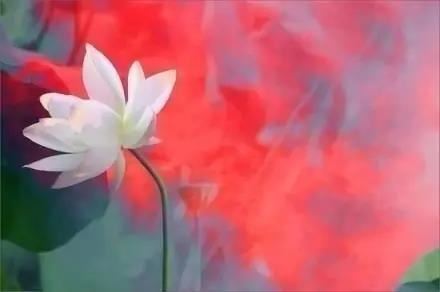 An introduction to Thai Buddhist culture and Thai Buddhist rituals
An introduction to Thai Buddhist culture and Thai Buddhist rituals
 Introduction to amethyst Buddha beads rosary
Introduction to amethyst Buddha beads rosary
 Master Huiyuan: Master Huiyuan's profile_Master Huiyuan's profile
Master Huiyuan: Master Huiyuan's profile_Master Huiyuan's profile
 Profile of the Wise Master_Profile of the Wise Master
Profile of the Wise Master_Profile of the Wise Master
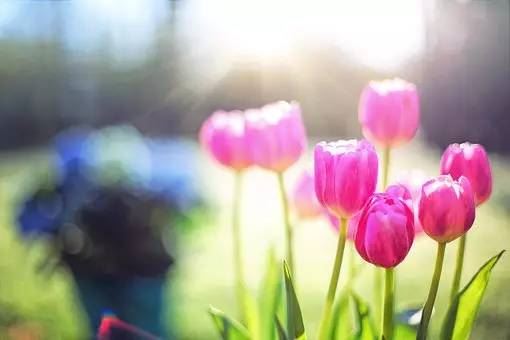 Introduction to Buddhist Texts: The Great Nirvana Sutra
Introduction to Buddhist Texts: The Great Nirvana Sutra
 Introduction to Buddhist classics: Dafang Guang Buddha Huayan Sutra
Introduction to Buddhist classics: Dafang Guang Buddha Huayan Sutra
 Master Zhenzen: Introduction to the Jade Buddha Temple in Shanghai
Master Zhenzen: Introduction to the Jade Buddha Temple in Shanghai
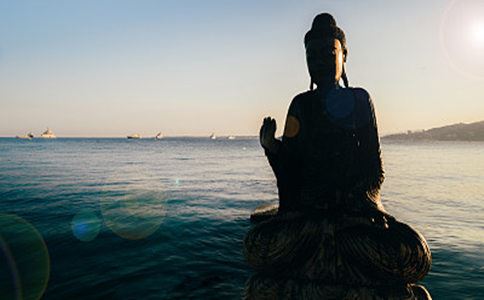 Master Huineng's profile_Six Ancestors Huineng's personal information
Master Huineng's profile_Six Ancestors Huineng's personal information
 Huang Xinhua: Introduction to the Fivefold Concept of Consciousness
Huang Xinhua: Introduction to the Fivefold Concept of Consciousness
 Introduction and role of the Diamond Sutra
Introduction and role of the Diamond Sutra
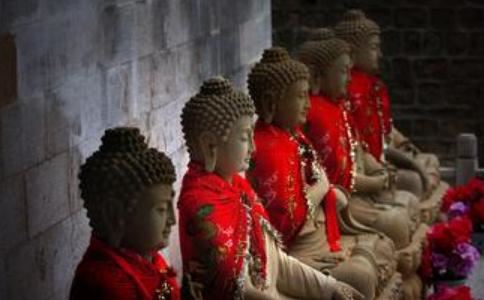 Lengyan Beihua: Introduction to Lengyan Zen Master, Cizong and their dojos
Lengyan Beihua: Introduction to Lengyan Zen Master, Cizong and their dojos
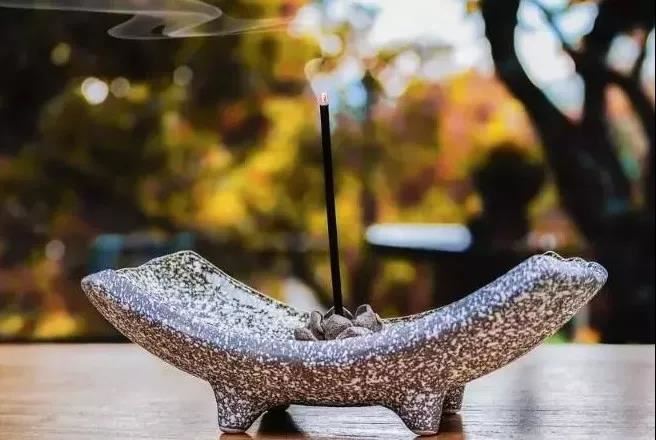 Venerable Kairen: Introduction to the Treasure Accumulation Sutra Lectures
Venerable Kairen: Introduction to the Treasure Accumulation Sutra Lectures
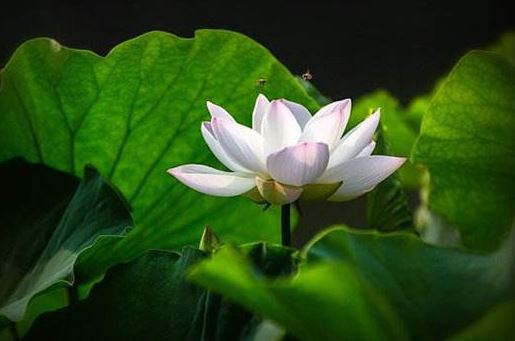 Venerable Sheng Yi: Explanation of the Diamond Sutra 4
Venerable Sheng Yi: Explanation of the Diamond Sutra 4
 Master Shengyi: Lectures on the Jizo Honvo Sutra The eleventh protector of the earth god
Master Shengyi: Lectures on the Jizo Honvo Sutra The eleventh protector of the earth god
 Master Shengyi: Lectures on the Prayer Sutra of the Hidden Treasure Profit Survival Seventh
Master Shengyi: Lectures on the Prayer Sutra of the Hidden Treasure Profit Survival Seventh
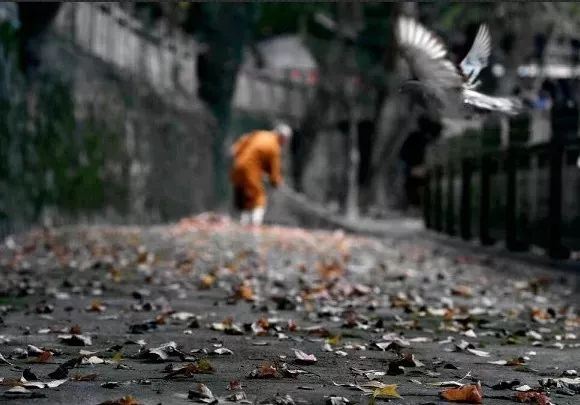 Venerable Daojian: Introduction to the Tibetan Tripitaka – Answering the Penglai Haishi Question
Venerable Daojian: Introduction to the Tibetan Tripitaka – Answering the Penglai Haishi Question
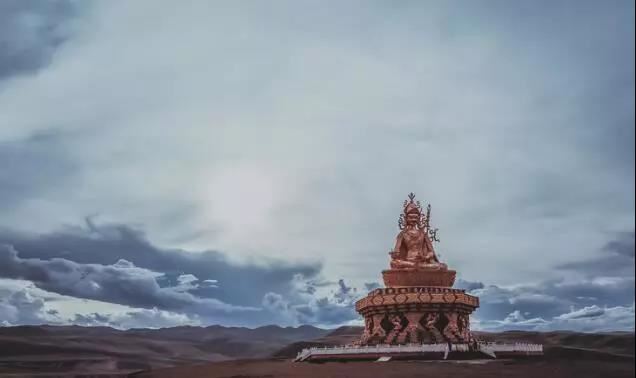 A brief introduction to the four mantras, inheritance and origin
A brief introduction to the four mantras, inheritance and origin
 A brief introduction to the main Buddhist scriptures
A brief introduction to the main Buddhist scriptures
 Buddhist Story: The Fifty-Three Visits of the Good Wealth Boy Introduction: The Seventeenth Worship of the Dharma Treasure Bun Elders
Buddhist Story: The Fifty-Three Visits of the Good Wealth Boy Introduction: The Seventeenth Worship of the Dharma Treasure Bun Elders
Venerable Sheng Yi "The Obscenity Precepts of the Bodhisattva Vows of the Brahmana Sutra"
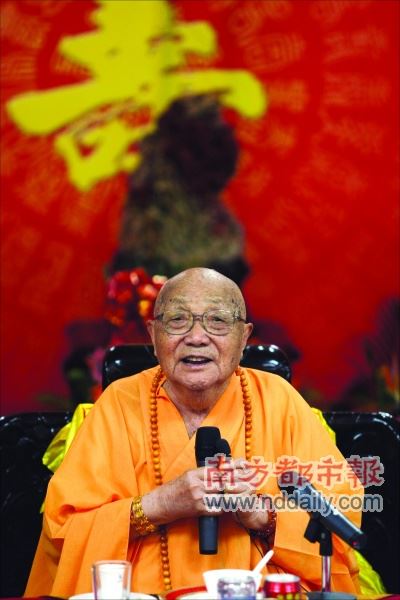 Introduction to the old monk Benhuan
Introduction to the old monk Benhuan
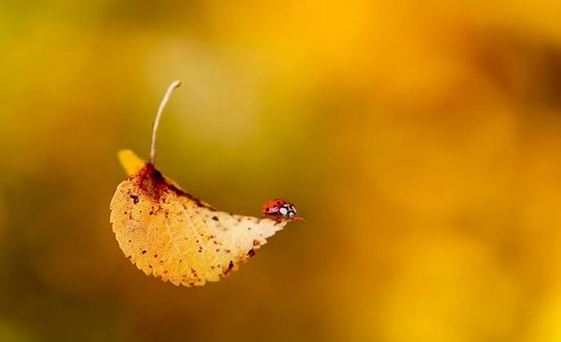 Chinese; Introduction to Yan Jing
Chinese; Introduction to Yan Jing
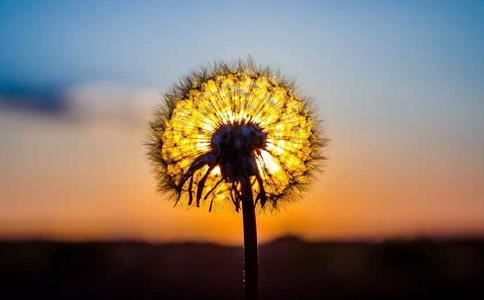 Buddhist Story: The Fifty-Three Visits of the Good Wealth Boy Introduction: The Forty-fifth Worship the Friends of the Boy Master
Buddhist Story: The Fifty-Three Visits of the Good Wealth Boy Introduction: The Forty-fifth Worship the Friends of the Boy Master
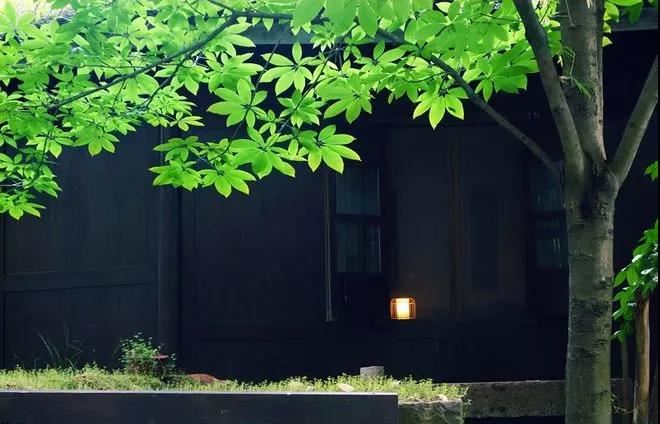 Buddhist Story: The Fifty-Three References of the Good Wealth Boy Introduction: Chapter 51 Baide gave birth to a boy and a virtuous virgin
Buddhist Story: The Fifty-Three References of the Good Wealth Boy Introduction: Chapter 51 Baide gave birth to a boy and a virtuous virgin
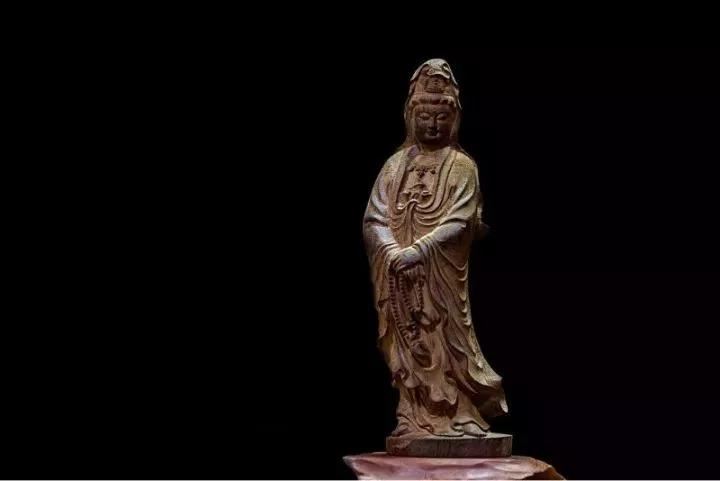 Buddhist Story: The Fifty-Three Visits of the Good Wealth Boy Introduction: The Nineteenth Worship of the Insatiable Foot King
Buddhist Story: The Fifty-Three Visits of the Good Wealth Boy Introduction: The Nineteenth Worship of the Insatiable Foot King
 Buddhist Story: The Fifty-Three Visits of the Good Wealth Boy Introduction: The Forty-seventh Prayer to the Elders of Strength and Liberation
Buddhist Story: The Fifty-Three Visits of the Good Wealth Boy Introduction: The Forty-seventh Prayer to the Elders of Strength and Liberation
 Buddhist Story: The Fifty-Three Visits of the Good Wealth Boy Introduction: Chapter 18 Worship the Elder of Puyan
Buddhist Story: The Fifty-Three Visits of the Good Wealth Boy Introduction: Chapter 18 Worship the Elder of Puyan
 Buddhist Story: The Fifty-Three Visits of the Good Wealth Boy Introduction: Chapter 46 Worship the virtuous and win the good Poyi
Buddhist Story: The Fifty-Three Visits of the Good Wealth Boy Introduction: Chapter 46 Worship the virtuous and win the good Poyi
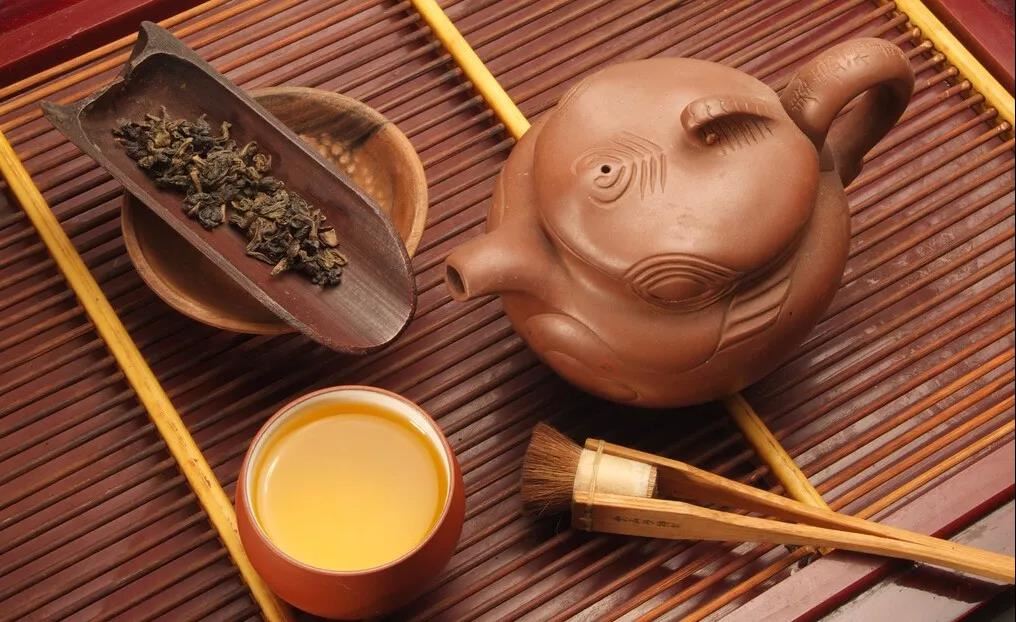 Buddhist Story: The Fifty-Three Visits of the Good Wealth Boy Introduction: Chapter 38 Worship the night god of the city
Buddhist Story: The Fifty-Three Visits of the Good Wealth Boy Introduction: Chapter 38 Worship the night god of the city
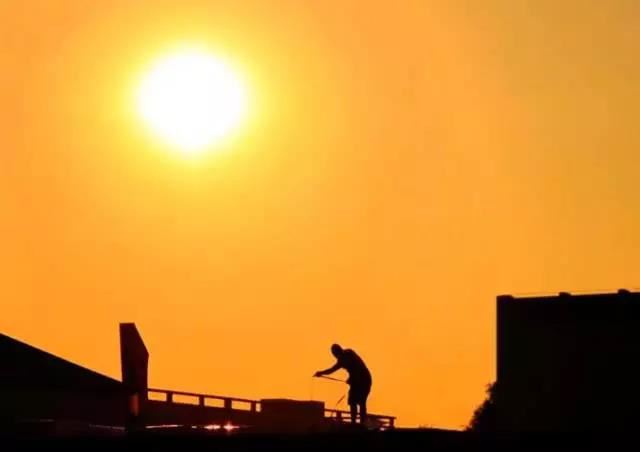 Buddhist Story: The Fifty-Three Visits of the Good Wealth Boy Introduction: The Twenty-eighth Chapter: Worship the Monk of the Heavens
Buddhist Story: The Fifty-Three Visits of the Good Wealth Boy Introduction: The Twenty-eighth Chapter: Worship the Monk of the Heavens
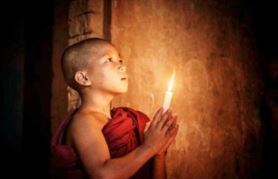 Buddhist Story: The Fifty-Three Visits of the Good Wealth Boy Introduction: The Forty-fourth Worship of God's Light Woman
Buddhist Story: The Fifty-Three Visits of the Good Wealth Boy Introduction: The Forty-fourth Worship of God's Light Woman
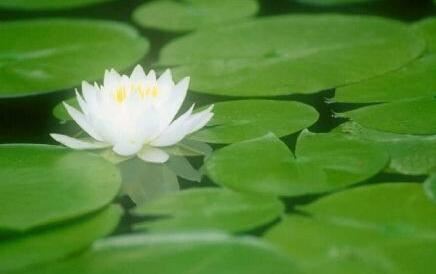 Buddhist Story: The Fifty-Three Visits of the Good Wealth Boy Introduction: The Thirty-sixth Worship the Night God of Miaode
Buddhist Story: The Fifty-Three Visits of the Good Wealth Boy Introduction: The Thirty-sixth Worship the Night God of Miaode
 Buddhist Story: The Fifty-Three Visits of the Good Wealth Boy Introduction: The Forty-ninth Worship of the Elders of the Invincible Army
Buddhist Story: The Fifty-Three Visits of the Good Wealth Boy Introduction: The Forty-ninth Worship of the Elders of the Invincible Army
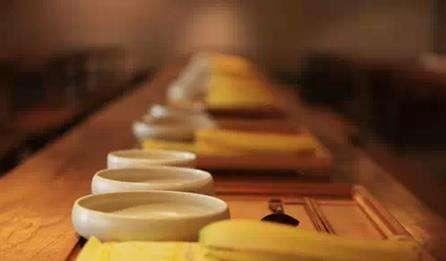 Buddhist Story: Fifty-three Visits to the Good Wealth Boy Introduction: The Twentieth Worship of the Great Light King
Buddhist Story: Fifty-three Visits to the Good Wealth Boy Introduction: The Twentieth Worship of the Great Light King
 Buddhist Story: The Fifty-Three Visits of the Good Wealth Boy Introduction: The thirtieth worship of the Bodhisattva
Buddhist Story: The Fifty-Three Visits of the Good Wealth Boy Introduction: The thirtieth worship of the Bodhisattva
 Buddhist Story: The Fifty-Three Visits of the Good Wealth Boy Introduction: The Forty-first Worship the Perfection of Virtue
Buddhist Story: The Fifty-Three Visits of the Good Wealth Boy Introduction: The Forty-first Worship the Perfection of Virtue
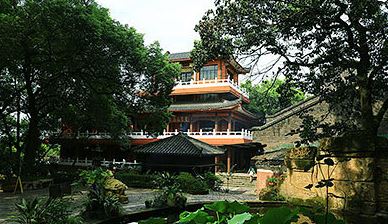 Buddhist Story: The Fifty-Three Visits of the Good Wealth Boy Introduction: The thirty-second chapter worships the god of the earth
Buddhist Story: The Fifty-Three Visits of the Good Wealth Boy Introduction: The thirty-second chapter worships the god of the earth
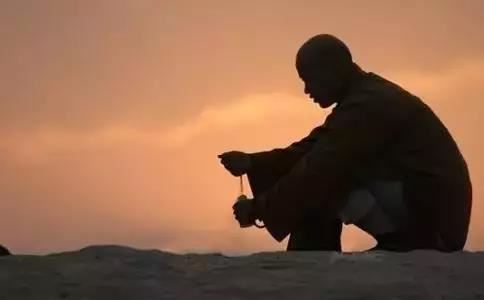 Buddhist Story: The Fifty-Three Visits of the Good Wealth Boy Introduction: The Thirty-fifth Worship the God of the Night
Buddhist Story: The Fifty-Three Visits of the Good Wealth Boy Introduction: The Thirty-fifth Worship the God of the Night
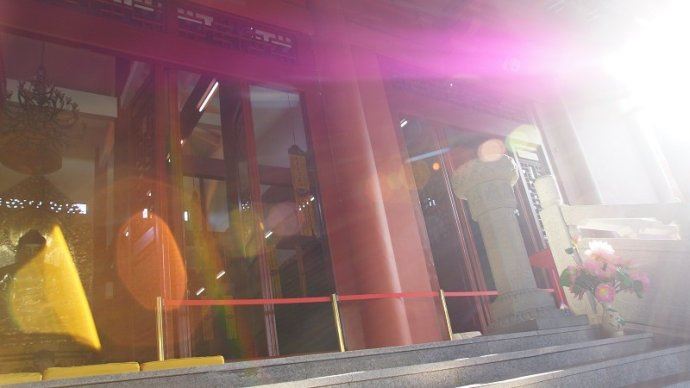 Buddhist Story: The Fifty-Three Visits of the Good Wealth Boy Introduction: The Forty-eighth Worship of the Elder Miaoyue
Buddhist Story: The Fifty-Three Visits of the Good Wealth Boy Introduction: The Forty-eighth Worship of the Elder Miaoyue
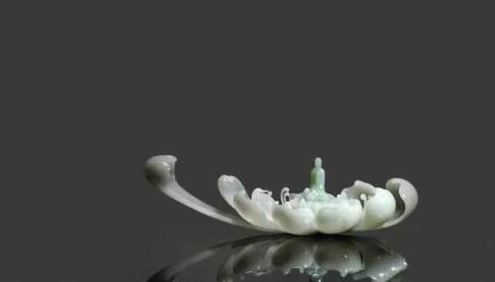 Buddhist Story: The Fifty-Three Visits of the Good Wealth Boy Introduction: The Fiftieth Worship of the Silent Brahmins
Buddhist Story: The Fifty-Three Visits of the Good Wealth Boy Introduction: The Fiftieth Worship of the Silent Brahmins
 Buddhist Story: The Fifty-Three Visits of the Good Wealth Boy Introduction: The Forty-second Worship of the Qu Bo Girl
Buddhist Story: The Fifty-Three Visits of the Good Wealth Boy Introduction: The Forty-second Worship of the Qu Bo Girl
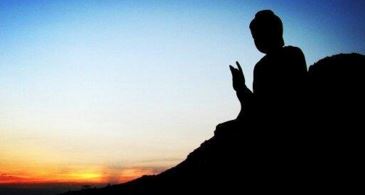 Buddhist Story: The Fifty-Three Visits of the Good Wealth Boy Introduction: The fifty-second chapter worships Maitreya Bodhisattva
Buddhist Story: The Fifty-Three Visits of the Good Wealth Boy Introduction: The fifty-second chapter worships Maitreya Bodhisattva
 Buddhist Story: The Fifty-Three Visits of the Good Wealth Boy Introduction: The Twenty-ninth Worship of the Bodhisattva of Freedom
Buddhist Story: The Fifty-Three Visits of the Good Wealth Boy Introduction: The Twenty-ninth Worship of the Bodhisattva of Freedom
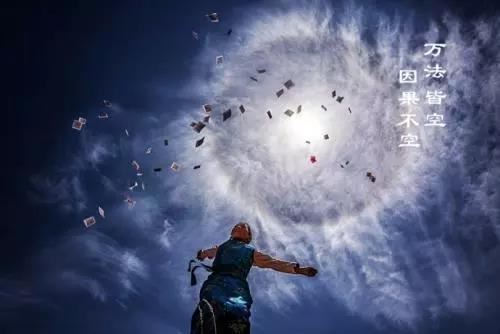 Buddhist Story: The Fifty-Three Visits of the Good Wealth Boy Introduction: The Thirty-third Chapter of Bai Po Shan Po plays the night god of the Lord
Buddhist Story: The Fifty-Three Visits of the Good Wealth Boy Introduction: The Thirty-third Chapter of Bai Po Shan Po plays the night god of the Lord
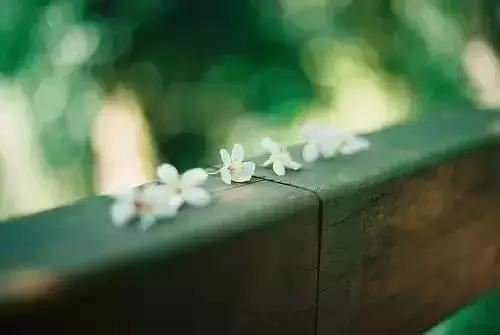 Buddhist Story: The Fifty-Three Visits of the Good Wealth Boy Introduction: The Twenty-seventh Worship of the Buddha Sumi
Buddhist Story: The Fifty-Three Visits of the Good Wealth Boy Introduction: The Twenty-seventh Worship of the Buddha Sumi
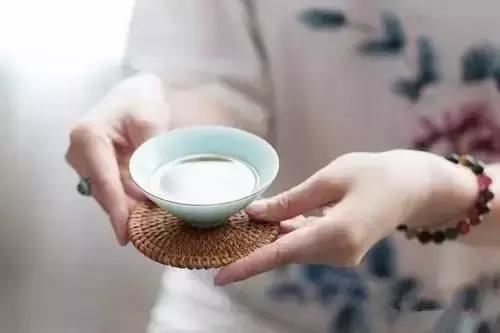 Buddhist Story: The Fifty-Three Visits of the Good Wealth Boy Introduction: The Fortieth Prayer to the Great Wish to Strive for God
Buddhist Story: The Fifty-Three Visits of the Good Wealth Boy Introduction: The Fortieth Prayer to the Great Wish to Strive for God
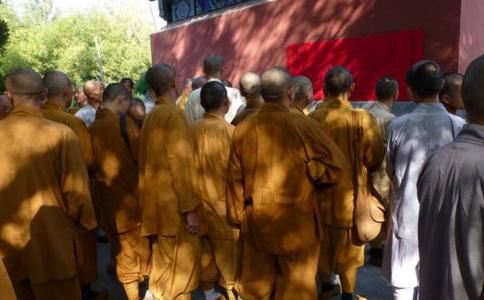 Buddhist Story: The Fifty-Three Visits of the Good Wealth Boy Introduction: The Thirty-seventh Worship the Silent Sea and Night God
Buddhist Story: The Fifty-Three Visits of the Good Wealth Boy Introduction: The Thirty-seventh Worship the Silent Sea and Night God
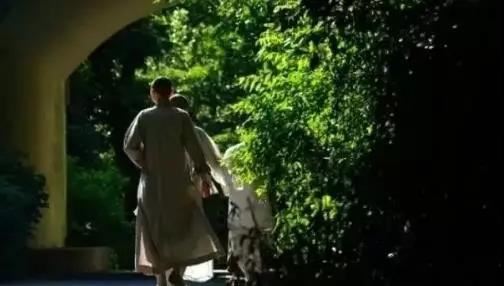 Buddhist Story: The Fifty-Three Visits of the Good Wealth Boy Introduction: Chapter 34 Worship Pude Pure Light Lord Night God
Buddhist Story: The Fifty-Three Visits of the Good Wealth Boy Introduction: Chapter 34 Worship Pude Pure Light Lord Night God
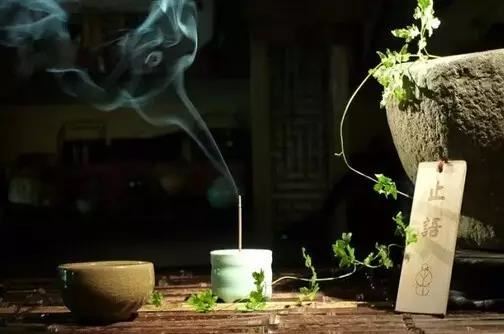 Buddhist Story: The Fifty-Three Visits of the Good Wealth Boy Introduction: The 31st Worship the Great God
Buddhist Story: The Fifty-Three Visits of the Good Wealth Boy Introduction: The 31st Worship the Great God
 Buddhist Story: The Fifty-Three Visits of the Good Wealth Boy Introduction: The Fifty-third Worship Puxian Bodhisattva
Buddhist Story: The Fifty-Three Visits of the Good Wealth Boy Introduction: The Fifty-third Worship Puxian Bodhisattva
 Buddhist Story: The Fifty-Three Visits of the Good Wealth Boy Introduction: The Twenty-second Prayer Goes All Over the Outer Path
Buddhist Story: The Fifty-Three Visits of the Good Wealth Boy Introduction: The Twenty-second Prayer Goes All Over the Outer Path
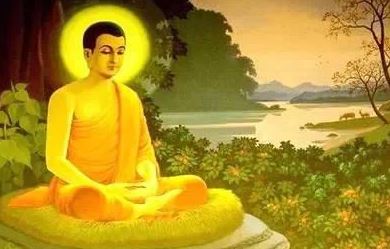 Buddhist Story: The Fifty-Three Visits of the Good Wealth Boy Introduction: The Thirty-ninth Chapter Worship the Night God of Blossoming Trees and Flowers
Buddhist Story: The Fifty-Three Visits of the Good Wealth Boy Introduction: The Thirty-ninth Chapter Worship the Night God of Blossoming Trees and Flowers
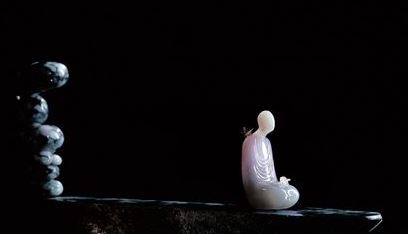 Buddhist Story: The Fifty-Three Visits of the Good Wealth Boy Introduction: The Forty-third Worship of Lady Maya
Buddhist Story: The Fifty-Three Visits of the Good Wealth Boy Introduction: The Forty-third Worship of Lady Maya
 Buddhist Story: The Fifty-Three Visits of the Good Wealth Boy Introduction: The twenty-fifth round of worship to the supreme elder
Buddhist Story: The Fifty-Three Visits of the Good Wealth Boy Introduction: The twenty-fifth round of worship to the supreme elder
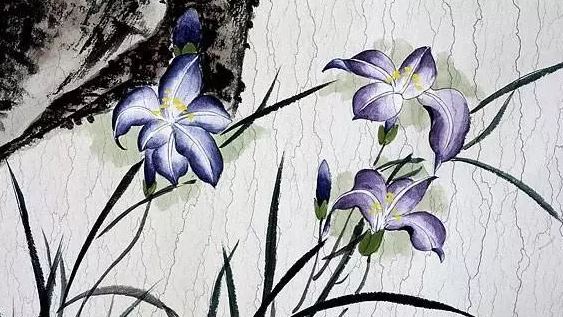 Buddhist Story: The Fifty-Three Visits of the Good Wealth Boy Introduction: The Twenty-third Worship of the Elder Incense
Buddhist Story: The Fifty-Three Visits of the Good Wealth Boy Introduction: The Twenty-third Worship of the Elder Incense
 Buddhist Story: The Fifty-Three Visits of the Good Wealth Boy Introduction: The Twenty-first Worship of Fudo Youpoyi
Buddhist Story: The Fifty-Three Visits of the Good Wealth Boy Introduction: The Twenty-first Worship of Fudo Youpoyi
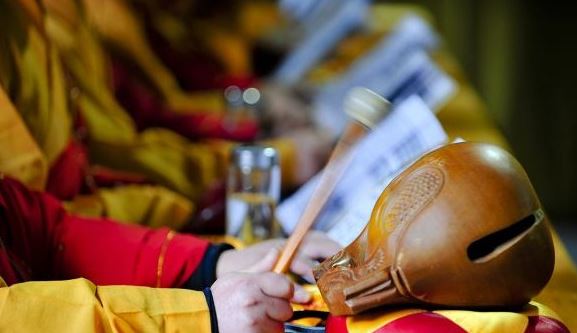 Buddhist Story: The Fifty-Three Visits of the Good Wealth Boy Introduction: The Twenty-sixth Worship of the Master Pinshen Bhikshuni
Buddhist Story: The Fifty-Three Visits of the Good Wealth Boy Introduction: The Twenty-sixth Worship of the Master Pinshen Bhikshuni
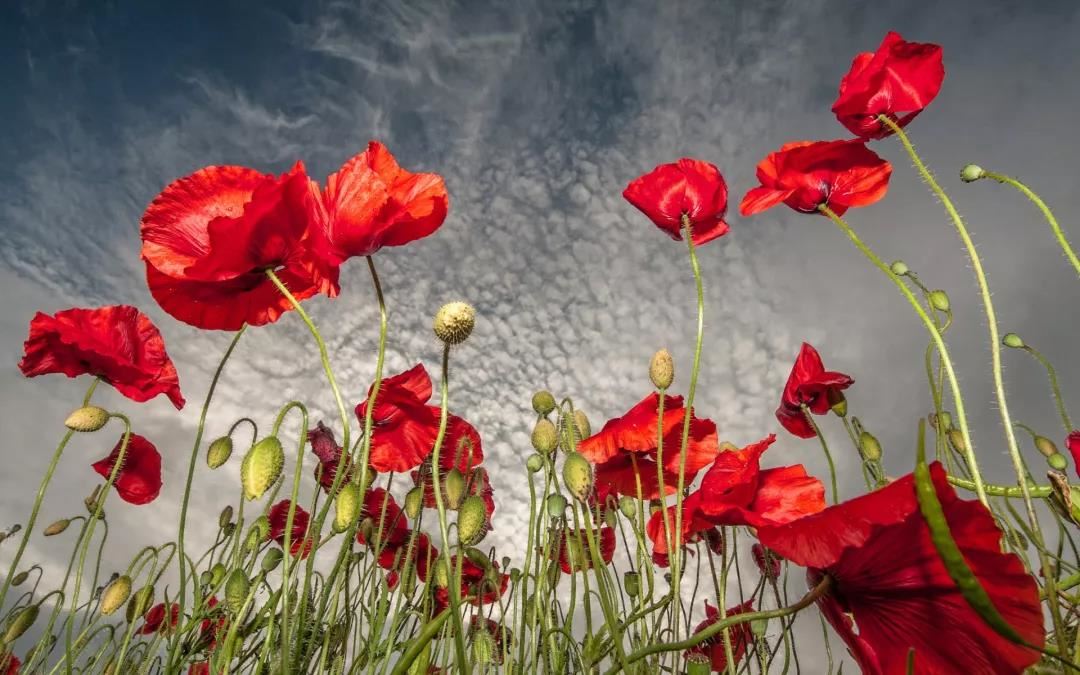 Buddhist Story: The Fifty-Three Visits of the Good Wealth Boy Introduction: The Twenty-fourth Worship of the Bhashiro Boatmaster
Buddhist Story: The Fifty-Three Visits of the Good Wealth Boy Introduction: The Twenty-fourth Worship of the Bhashiro Boatmaster
 An introduction to the Abi Hell and explanations of the four fundamental sins of the near five infernal beings, the five rebellious felonies, slander against the Dharma, the Three Jewels of Suspicion, and the Ten Evil Chakras
An introduction to the Abi Hell and explanations of the four fundamental sins of the near five infernal beings, the five rebellious felonies, slander against the Dharma, the Three Jewels of Suspicion, and the Ten Evil Chakras
 Introduction to the main khenpo and abbot of Lama Temple
Introduction to the main khenpo and abbot of Lama Temple
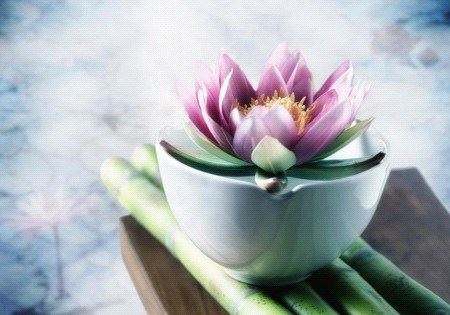 Introduction to Venerable Sheng Yan in "Learning Buddhism and Doubts".
Introduction to Venerable Sheng Yan in "Learning Buddhism and Doubts".
 Humane Vegetarian Restaurant - Introduction
Humane Vegetarian Restaurant - Introduction
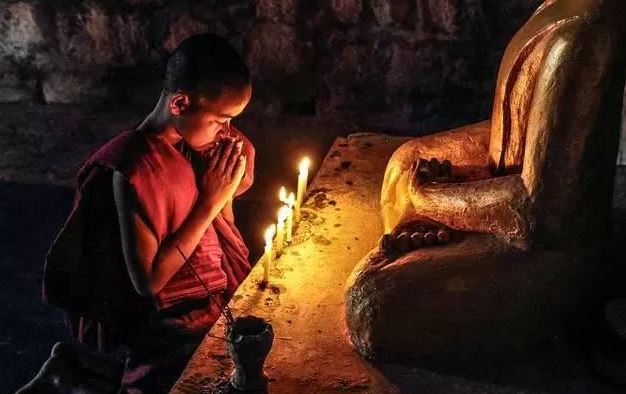 A brief introduction to the main sutras of Buddhism
A brief introduction to the main sutras of Buddhism
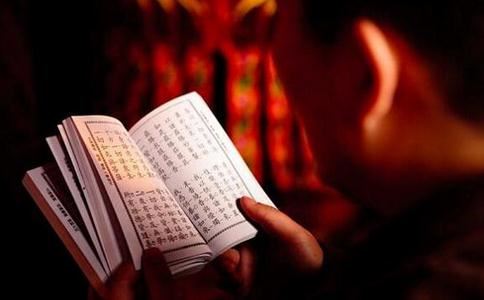 Buddhist Stories: The Wisdom of Life in the Zen Words of the Buddha's Heart: The Wisdom of Life in the Zen Words of the Buddha's Heart About the Author Table of Contents
Buddhist Stories: The Wisdom of Life in the Zen Words of the Buddha's Heart: The Wisdom of Life in the Zen Words of the Buddha's Heart About the Author Table of Contents
 Buddhist Stories: A Calm Life Begins with Willingness: Introduction About the Author Table of Contents
Buddhist Stories: A Calm Life Begins with Willingness: Introduction About the Author Table of Contents
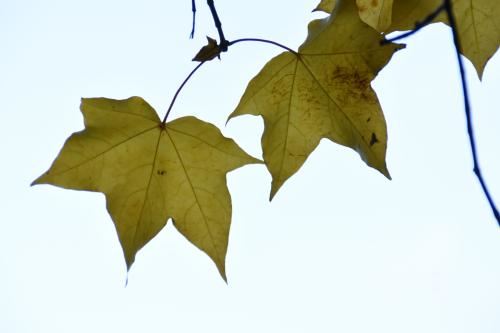 Introduction to the Purifying Offering Mantra
Introduction to the Purifying Offering Mantra
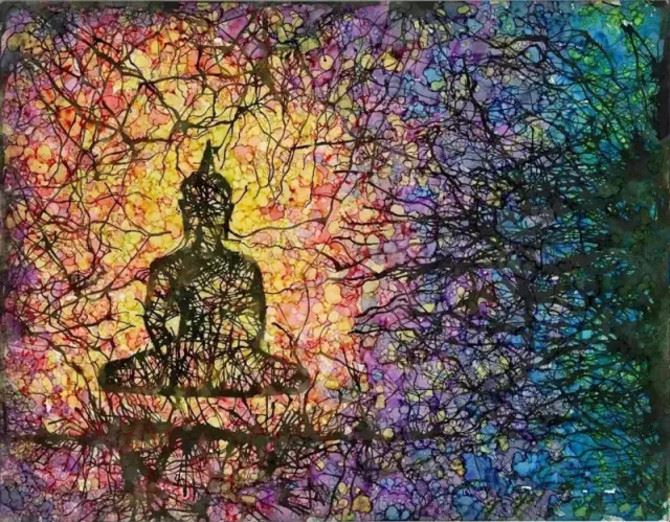 Introduction to Pharmacist Mandala Culture Group
Introduction to Pharmacist Mandala Culture Group
 Venerable One explained: What is ego and what is dharma?
Venerable One explained: What is ego and what is dharma?
 Introduction to His Holiness His Holiness Ludong Tsen's 4th Tzu Ren Gyatso
Introduction to His Holiness His Holiness Ludong Tsen's 4th Tzu Ren Gyatso
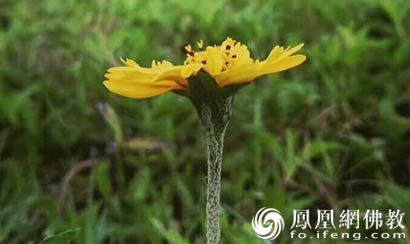 A brief introduction to the procedure for reciting bodhisattva vows
A brief introduction to the procedure for reciting bodhisattva vows
 Buddhist noun: Padmasambhava _ Padmasambhava _ Introduction to Padmasambhava
Buddhist noun: Padmasambhava _ Padmasambhava _ Introduction to Padmasambhava
 Introduction to the bodhisattva vows
Introduction to the bodhisattva vows
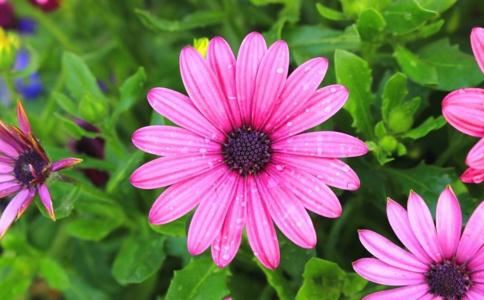 Introduction to Jizo Bodhisattva
Introduction to Jizo Bodhisattva
 Introduction to Fuxian Bodhisattva
Introduction to Fuxian Bodhisattva
 Introduction to the Bodhisattva
Introduction to the Bodhisattva
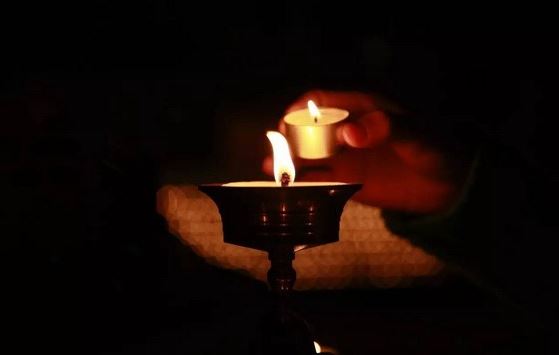 Buddhist Ritual Instruments: An introduction to the eight major ritual instruments commonly found in Tibetan Buddhism
Buddhist Ritual Instruments: An introduction to the eight major ritual instruments commonly found in Tibetan Buddhism
 Buddhist Ritual Instruments: Buddhist Art Ritual Instruments: A Brief Introduction to the Bells
Buddhist Ritual Instruments: Buddhist Art Ritual Instruments: A Brief Introduction to the Bells
 Buddhist ritual instruments: Introduction to commonly used Buddhist instruments: cane
Buddhist ritual instruments: Introduction to commonly used Buddhist instruments: cane
 Buddhist Ritual Instruments: Buddhist Ritual Instruments: An Introduction to the Three Treasure Seals
Buddhist Ritual Instruments: Buddhist Ritual Instruments: An Introduction to the Three Treasure Seals
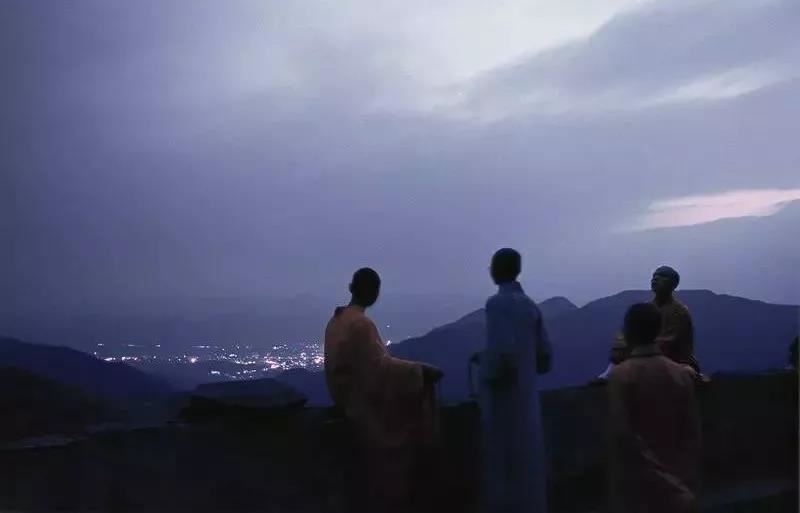 Introduction of Chief Physician Qiu Tiandao, the inheritor of the representative items of intangible cultural heritage
Introduction of Chief Physician Qiu Tiandao, the inheritor of the representative items of intangible cultural heritage
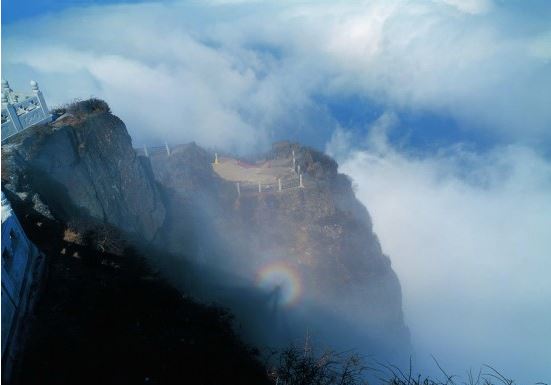 Introduction to the Humble Fire and Vajra Zen Mahasidida Kaichu Rinpoche and Introduction
Introduction to the Humble Fire and Vajra Zen Mahasidida Kaichu Rinpoche and Introduction
 Introduction of Master Ruohui, the abbot of Huazang Temple
Introduction of Master Ruohui, the abbot of Huazang Temple
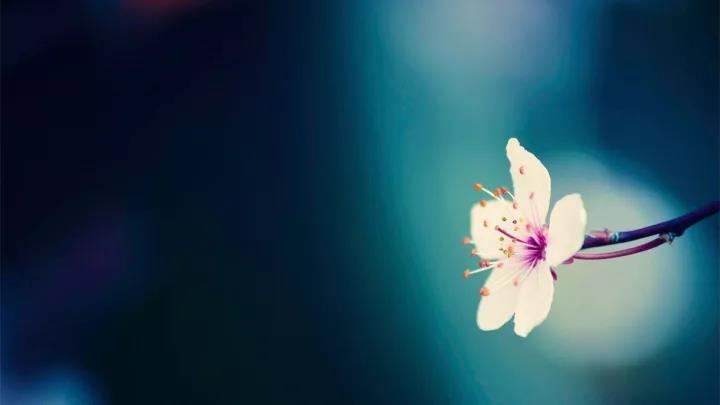 Introduction to His Holiness the 2nd Danma Zhai Mang
Introduction to His Holiness the 2nd Danma Zhai Mang
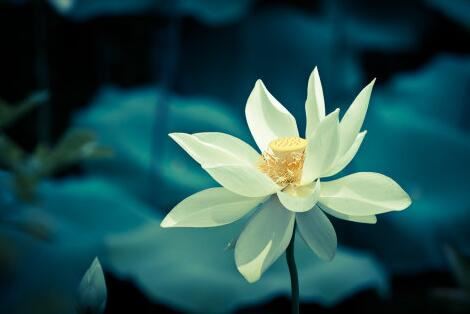 Introduction to the Provincial Monk
Introduction to the Provincial Monk
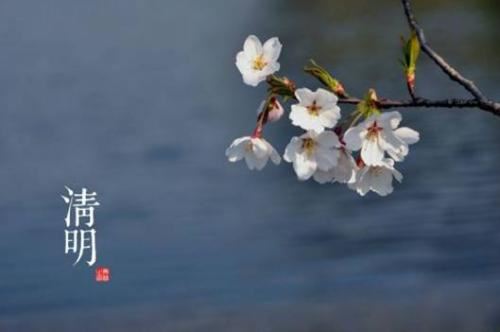 Introduction to Guru Chingting
Introduction to Guru Chingting
 Introduction to Master Zhenzen
Introduction to Master Zhenzen
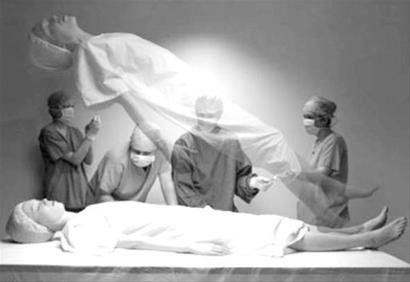 Introduction to Master Boiling Cloud
Introduction to Master Boiling Cloud
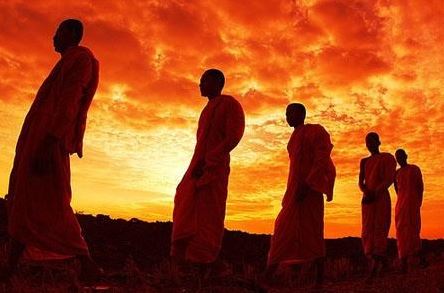 Introduction to Master White Sage
Introduction to Master White Sage
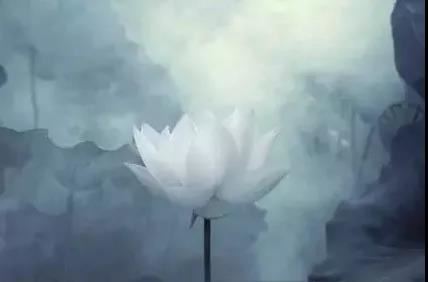 Introduction to Sun Life Extension
Introduction to Sun Life Extension
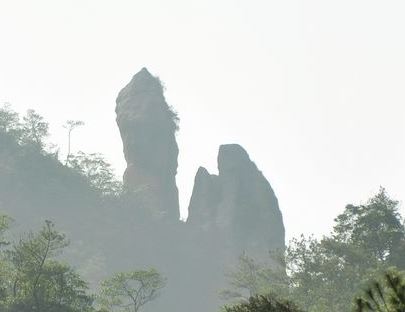 Introduction to Master Training
Introduction to Master Training
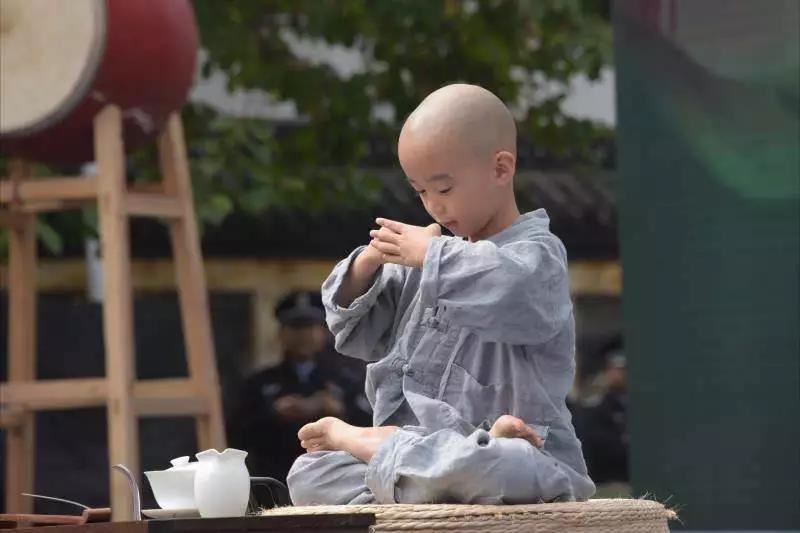 Introduction to Venerable Hairen
Introduction to Venerable Hairen
A complete collection of Buddhist scriptures
Share on WeChat
Scan the QR code to share it on WeChat or Moments


